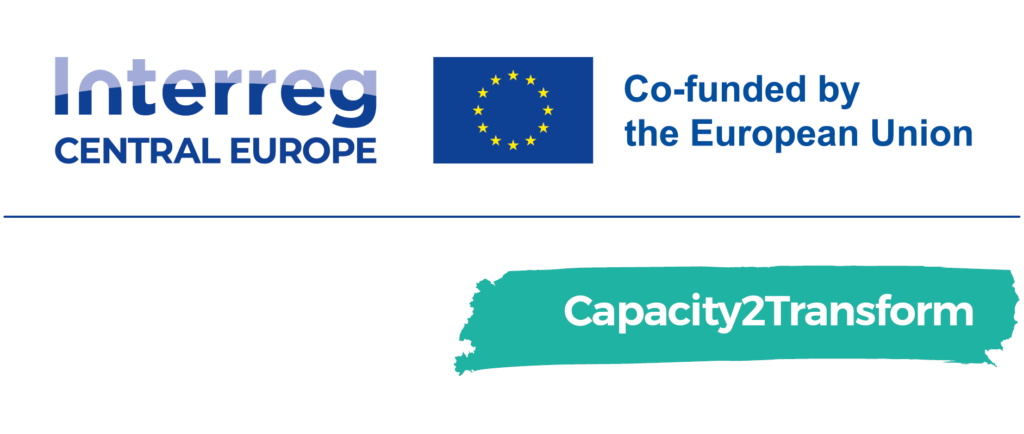In today’s dynamic business environment, characterized by rapid information flow, limited attention spans, and growing competition for resources, the pitch has emerged as a critical communication tool.
It refers to a structured, time-bound presentation designed to convey the value of an idea, project, or solution in a clear, relevant, and persuasive manner. Pitches are used in a variety of contexts—from startups seeking investment to internal corporate proposals and scientific grant applications. Regardless of setting, their core aim remains the same: to prompt a specific decision or action.
A successful pitch must simultaneously inform, persuade, and engage. Its essential components include a clear definition of the problem, a distinctive solution, an outline of market potential, a basic business logic, and an element of emotional resonance. Effective pitches do not rely solely on rational arguments—they incorporate narrative strategies to build trust and create an emotional connection with the audience. In this sense, pitching represents a fusion of entrepreneurial thinking and communication skill.
There is no universal pitch format. Variants depend on length (e.g., a 30-second elevator pitch or a 5-minute presentation), audience type (investors, clients, institutions), and project maturity. However, all pitches must articulate a compelling value proposition—why the idea matters, who it serves, what benefits it delivers, and why it is credible. This element of differentiation is at the heart of successful business communication in competitive conditions.
In a system increasingly driven by speed, efficiency, and selectivity, the pitch becomes more than a tool—it is a means of shaping perception, guiding decisions, and creating a powerful first impression. Its importance grows in parallel with the fragmentation of attention and the reduction of time available for evaluating ideas. For this reason, mastering the pitch is not reserved for startups and innovators alone—it is a vital skill for any individual aiming to communicate complex ideas clearly, strategically, and convincingly.
Share the article

